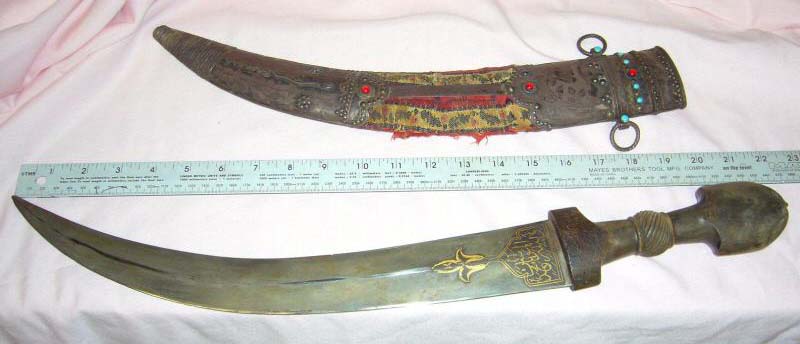FWP:
SETS == EXCLAMATION;
HI; KAHAN
TESTING: {4,4}
That forcefully interrogative kahāñ in the first line has two readings: the literal, guidebook question ('Excuse me, can you tell me where I could go...?), and the generalized negative rhetorical question ('How the hell can I go?!', 'Why the hell would I go?!').
More provocative, though, is the invocation of āzmānā , to try or test, in both lines. The speaker wants to test his destiny, his qismat -- think of the weight put on qismat in {17,9}. The parallelism suggests that the addressee too has a destiny, she too should be testing something. But in her case, of course, it's a dagger.
She is the hunter as properly and naturally as the speaker is the prey, and if she doesn't perform her role, how can he perform his? Her negligence or indifference might even cool his passion, as in {230,6}. As Bekhud Mohani points out, the use of hī along with the intimate form tū makes for a tone of unforced intimacy, like that of a private quarrel being overheard.
Moreover, in such a 'short meter', that tū hī looms so prominently over the second line that we're led to think of even more quite possible nuances of hī (see the definition above). As usual, we're left to choose among them without even the smallest guidance from the grammar of the verse itself.
Note for meter fans: To use the second syllable of jāʾeñ as a non-counted 'cheat syllable' at the end of the line is really pushing the envelope. Normally of course such cheat syllables are inconspicuous ones like the second syllable of mulk .
Other ḳhanjar verses: {56,5}; {59,6}; {72,4}; {91,7}; {157,1}; {186,5}; {200,2}; {209,8}.
A look at a real ḳhanjar , from the late 1700's:

Nazm:
When you yourself did not slay me, then by whom will this longing be fulfilled? (27)
== Nazm page 27